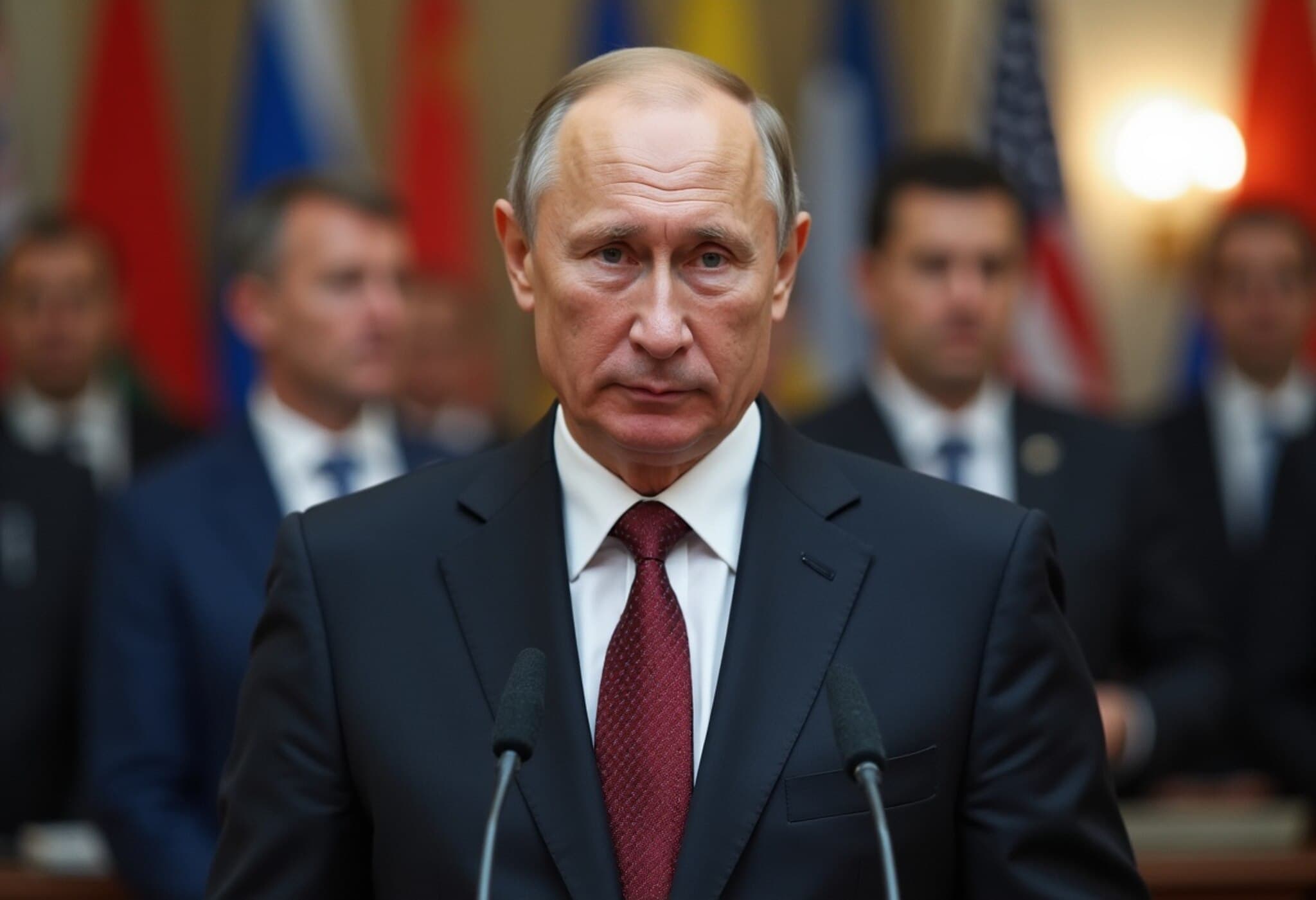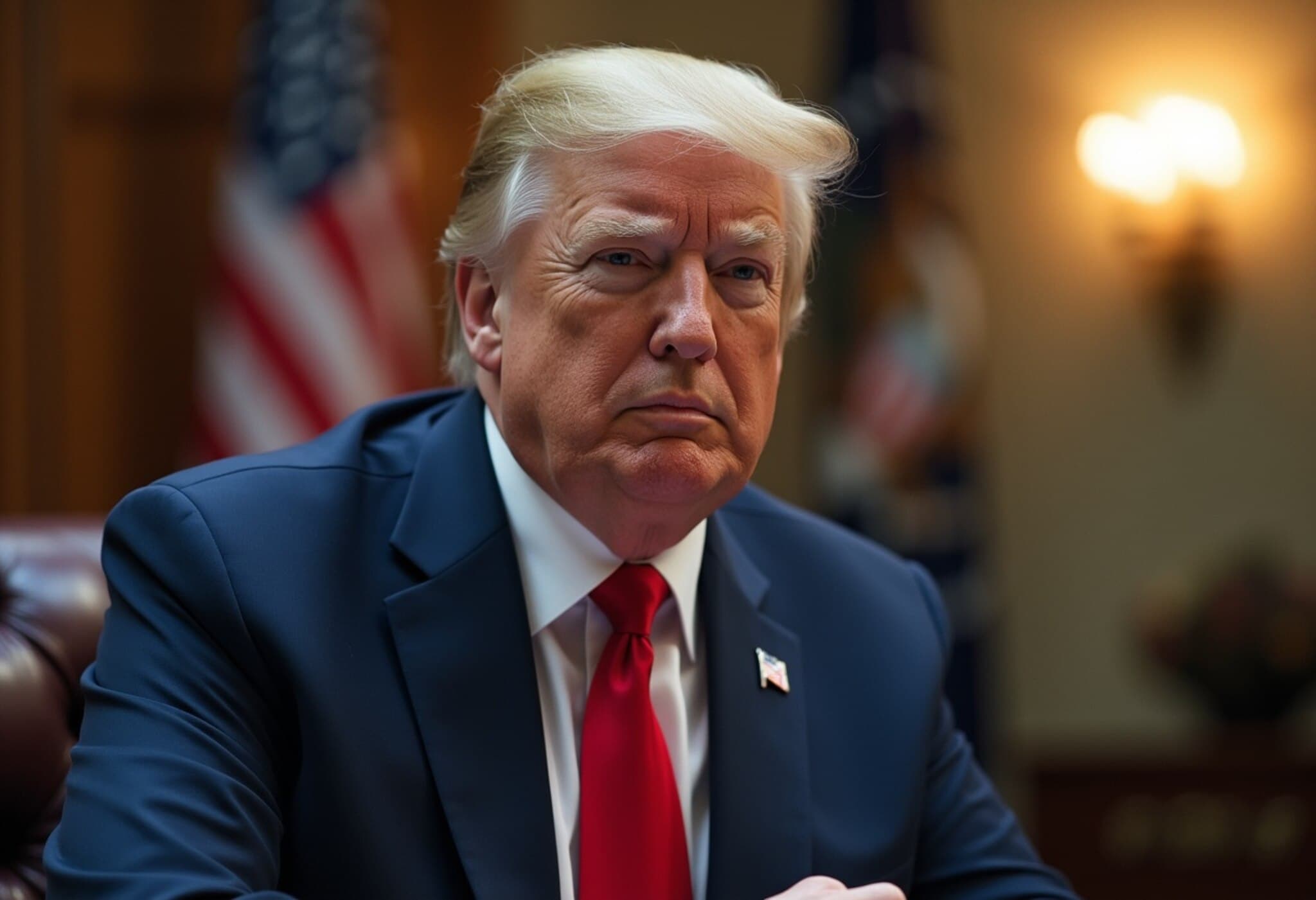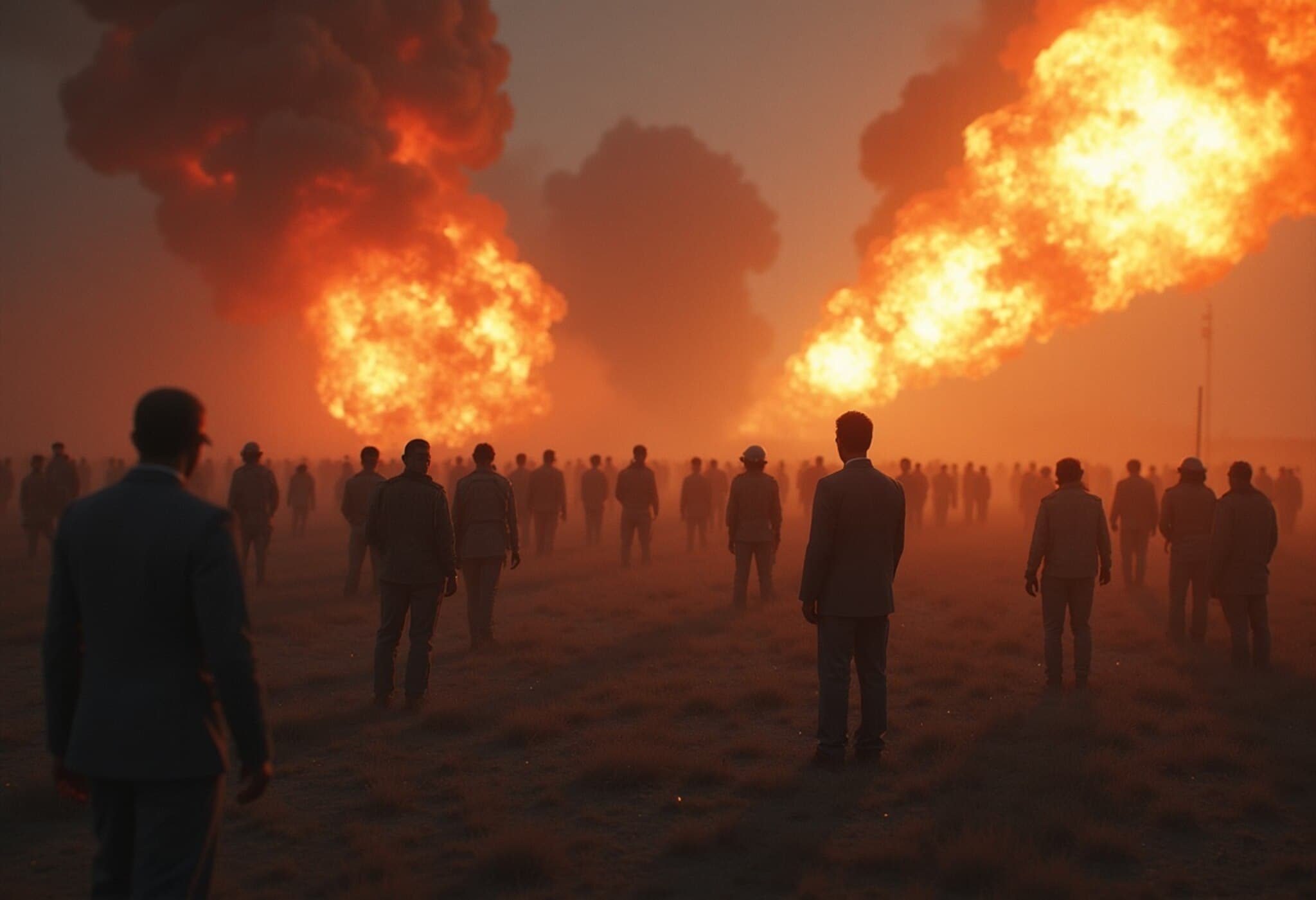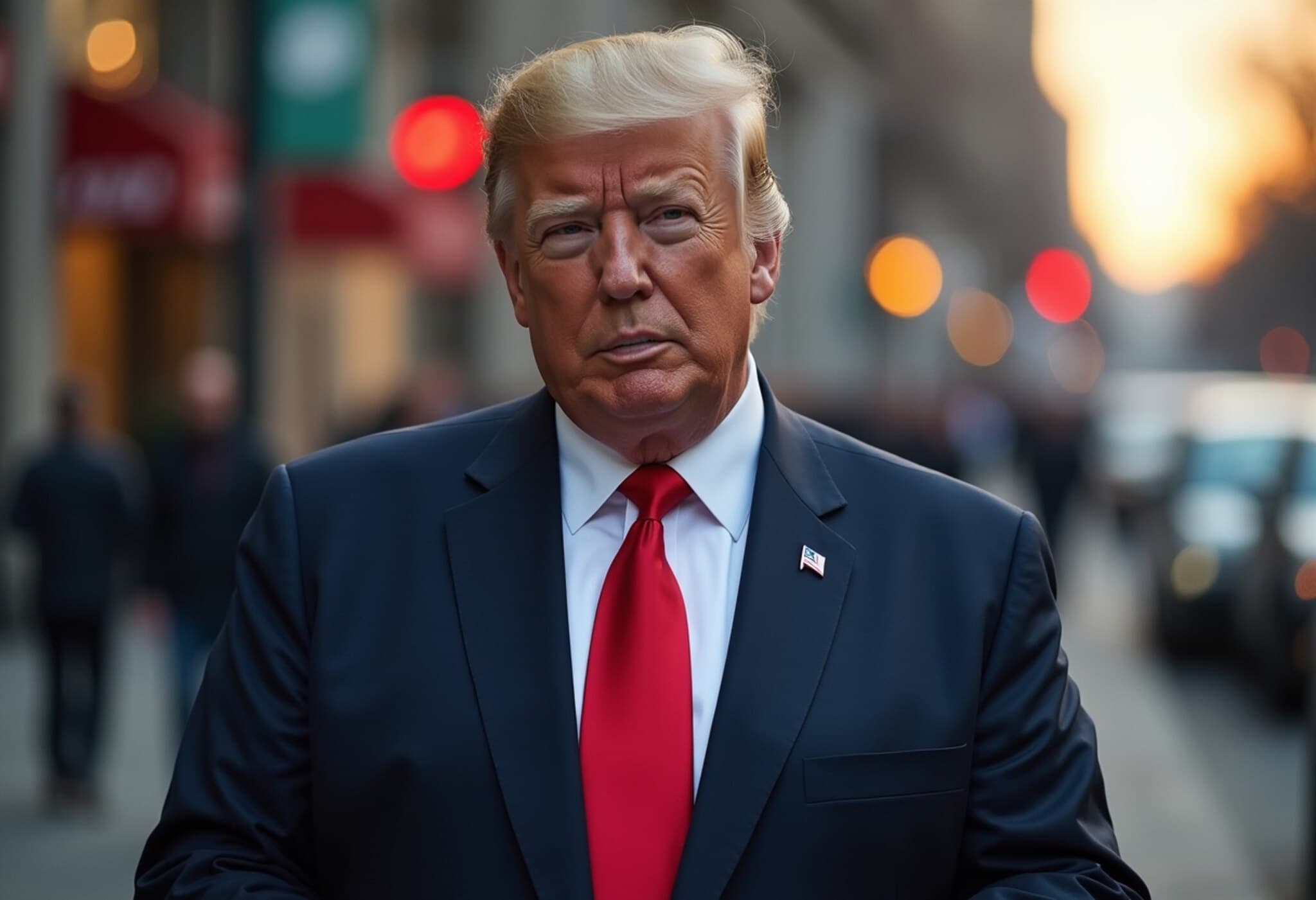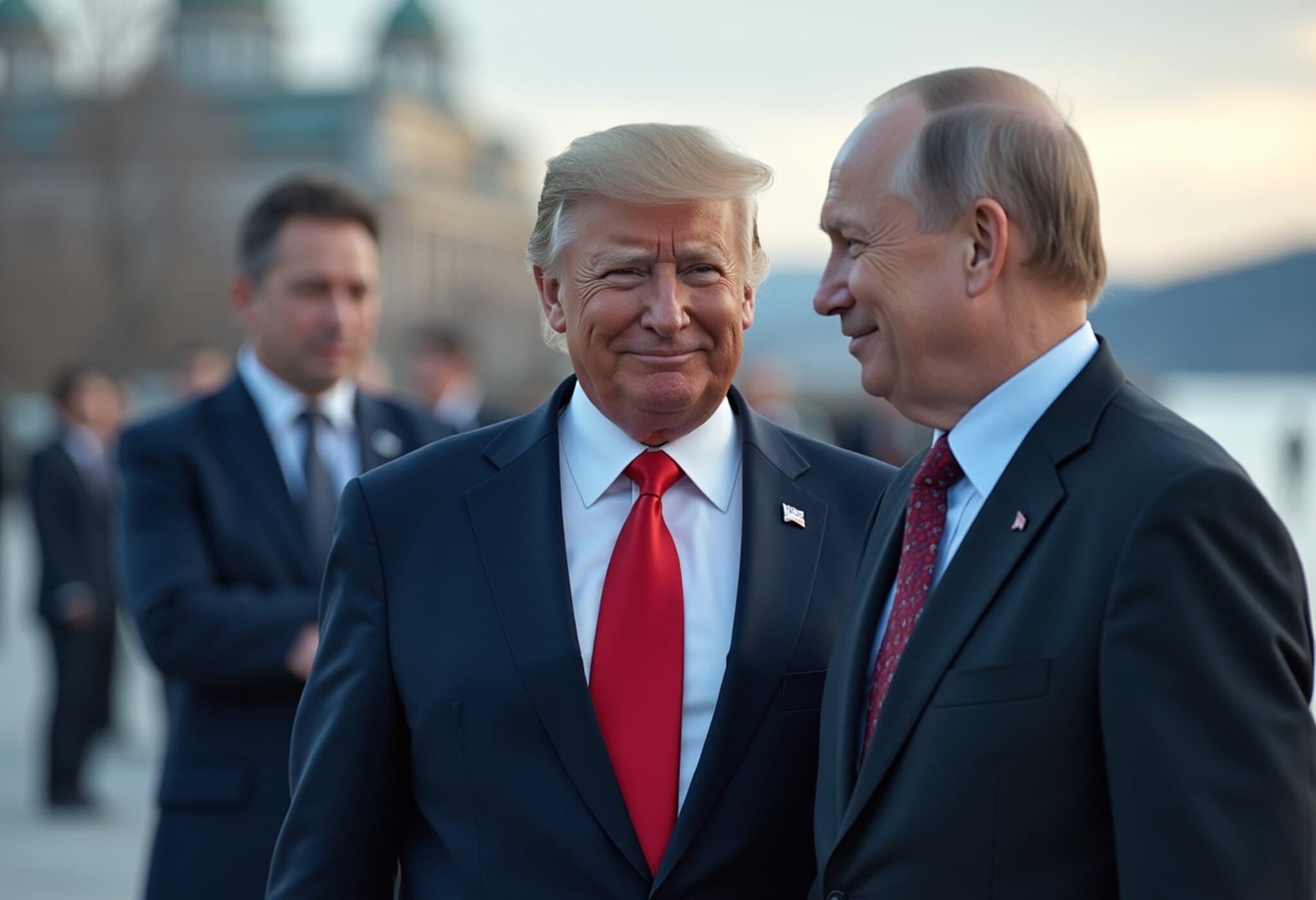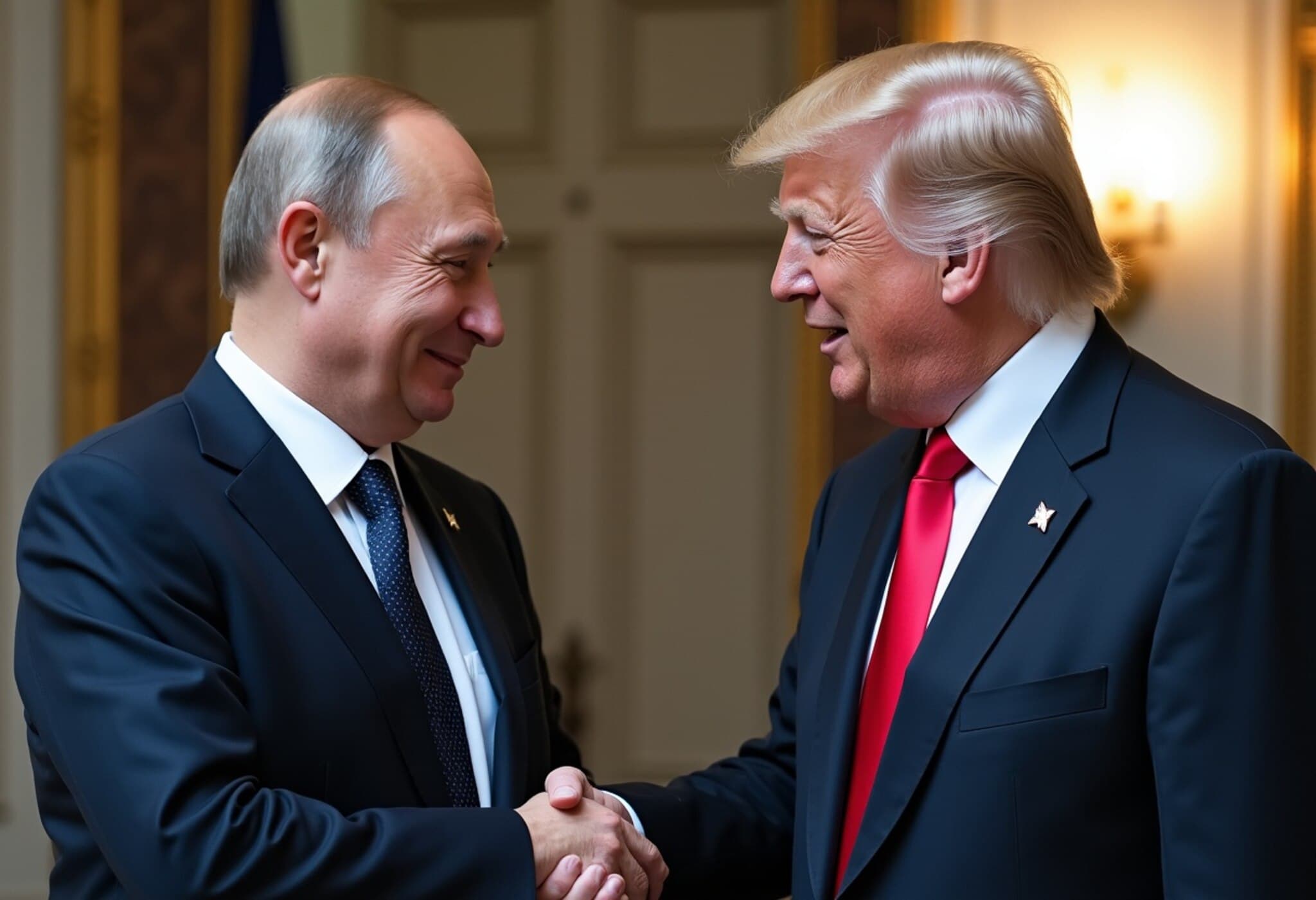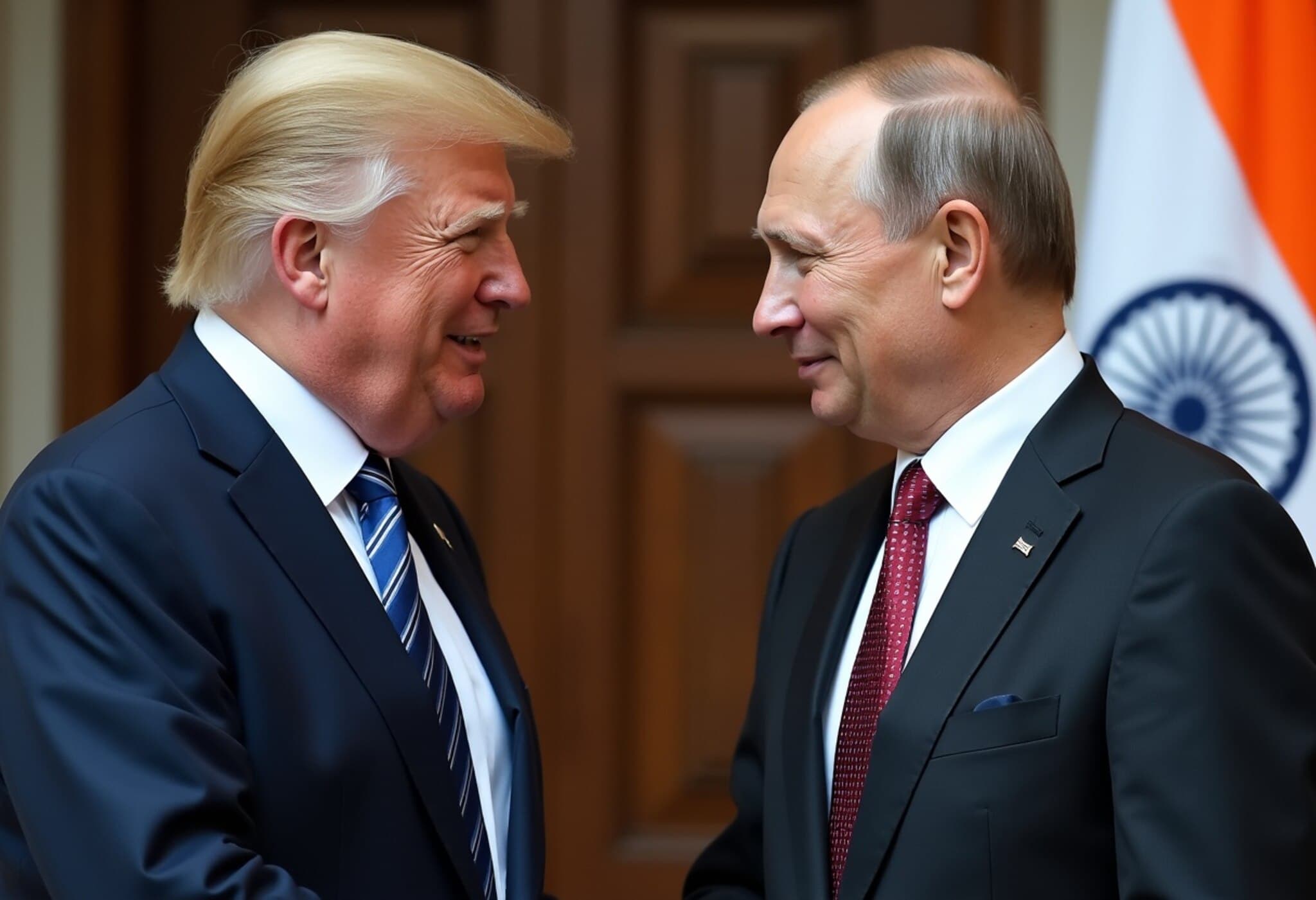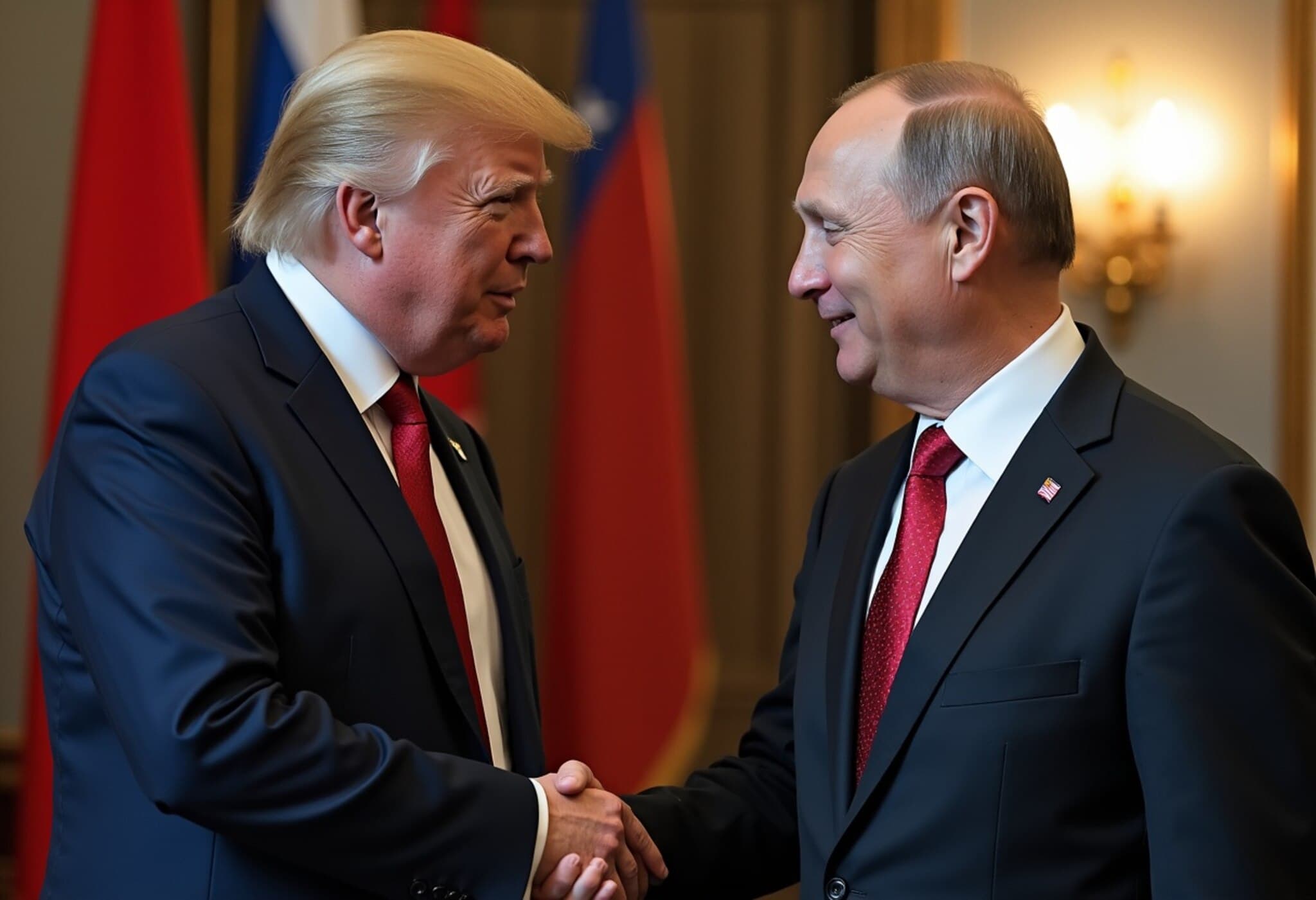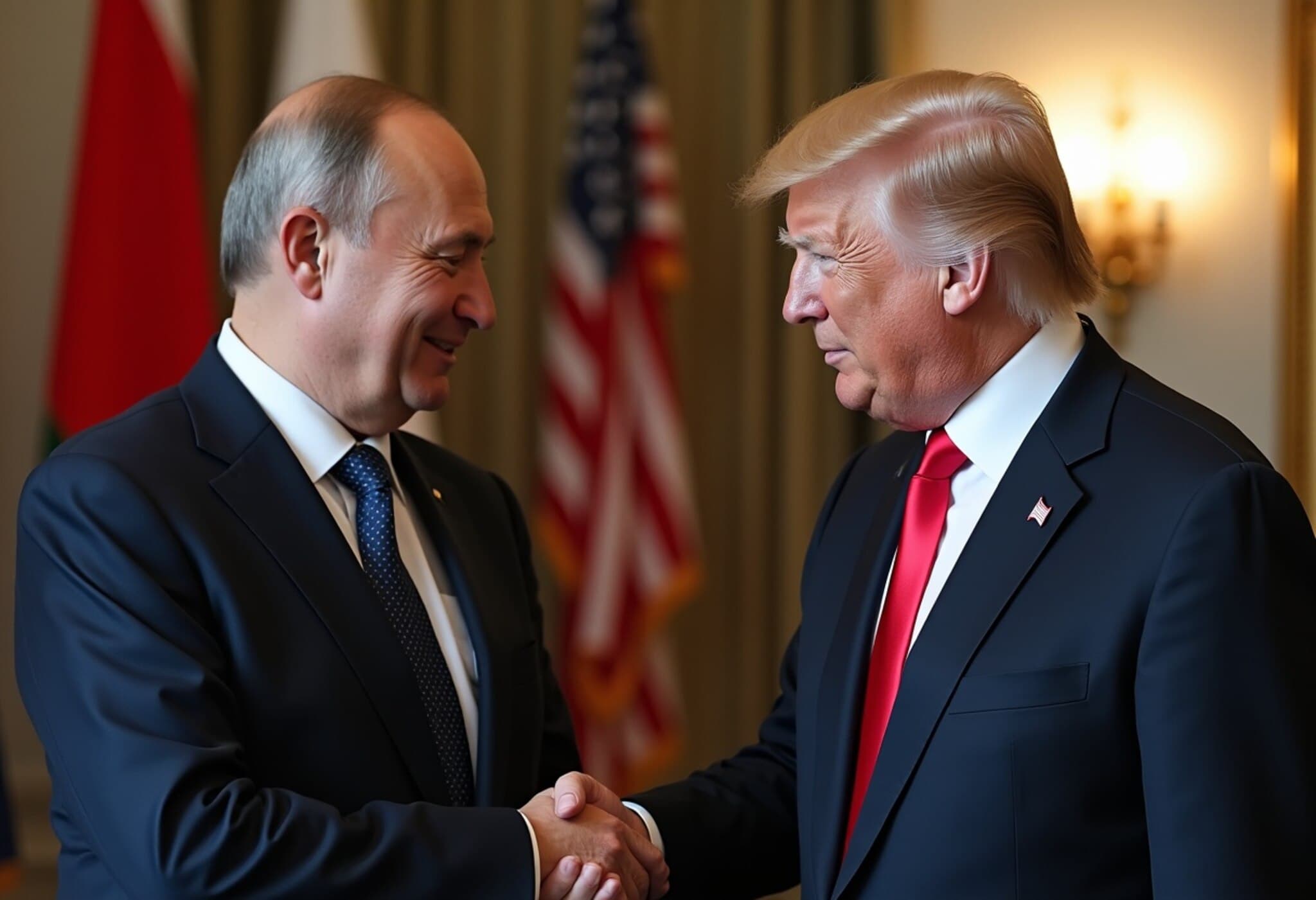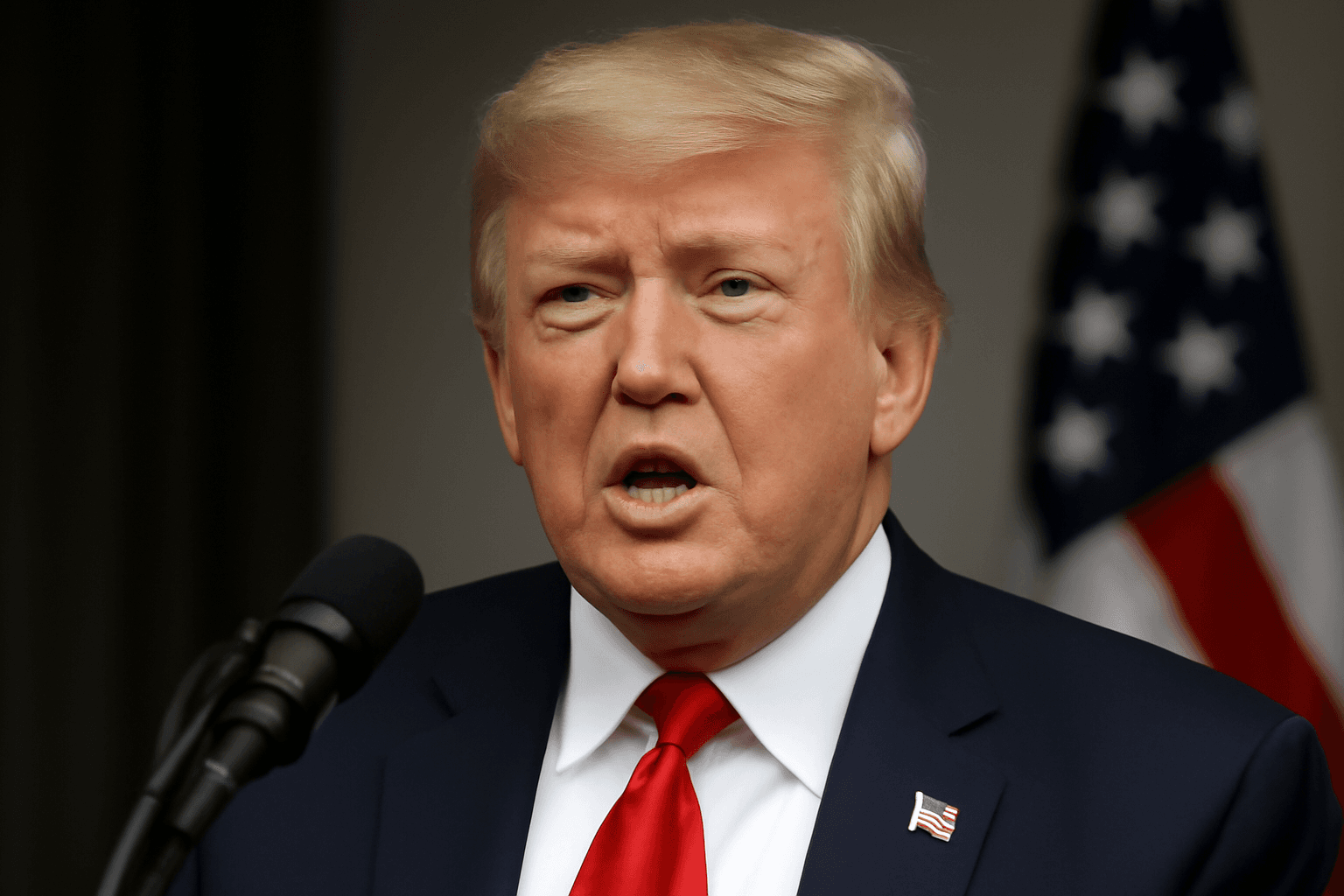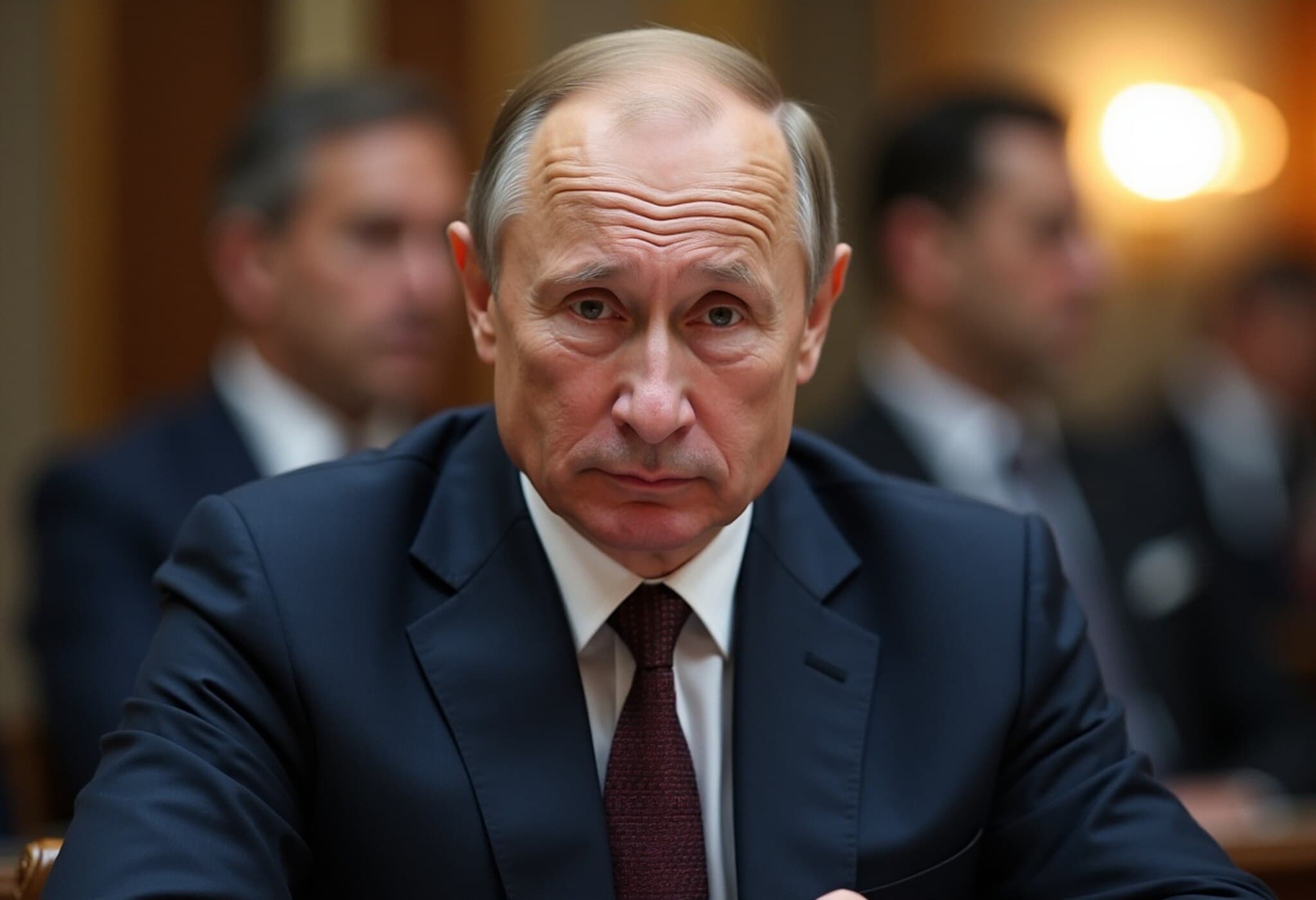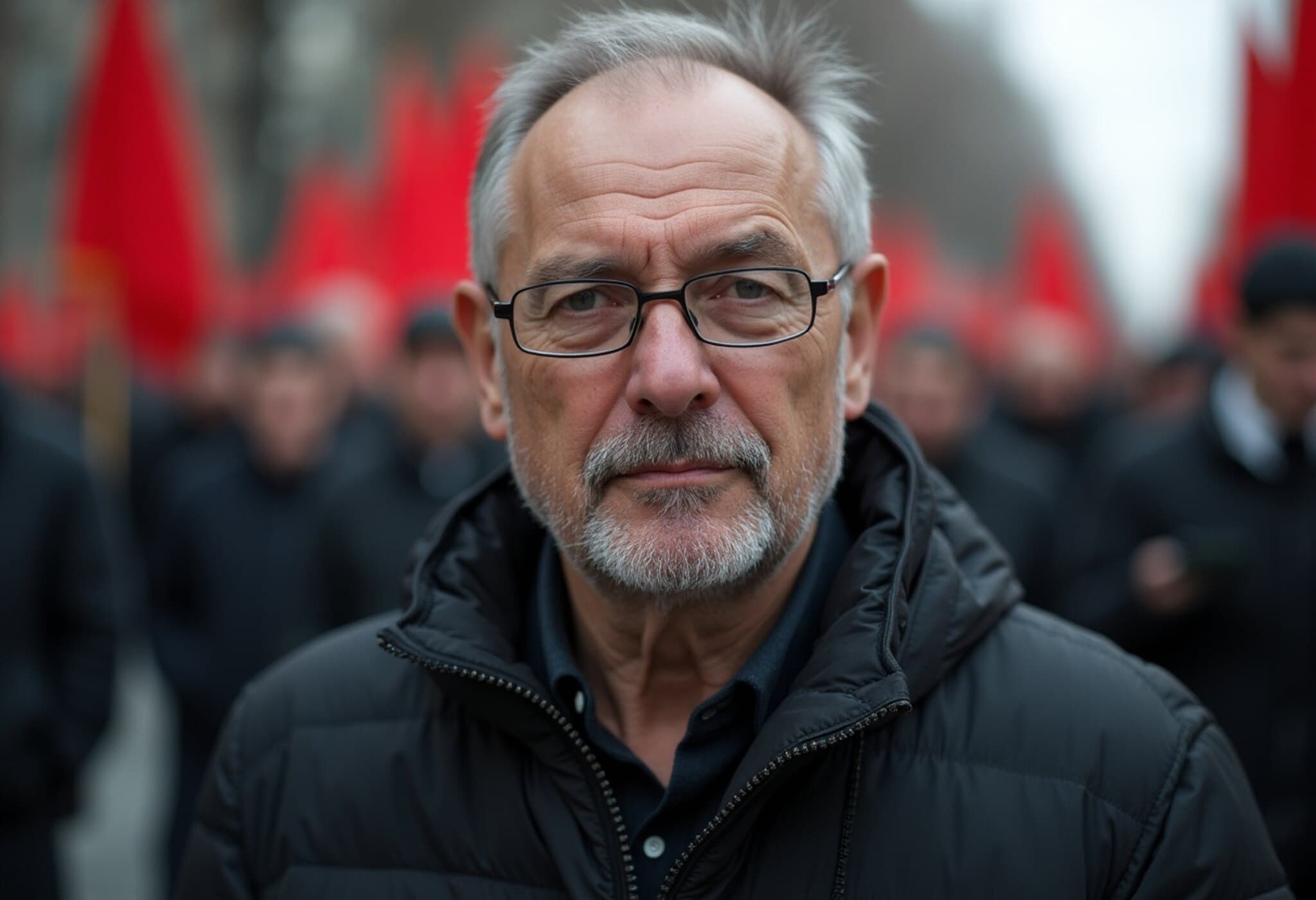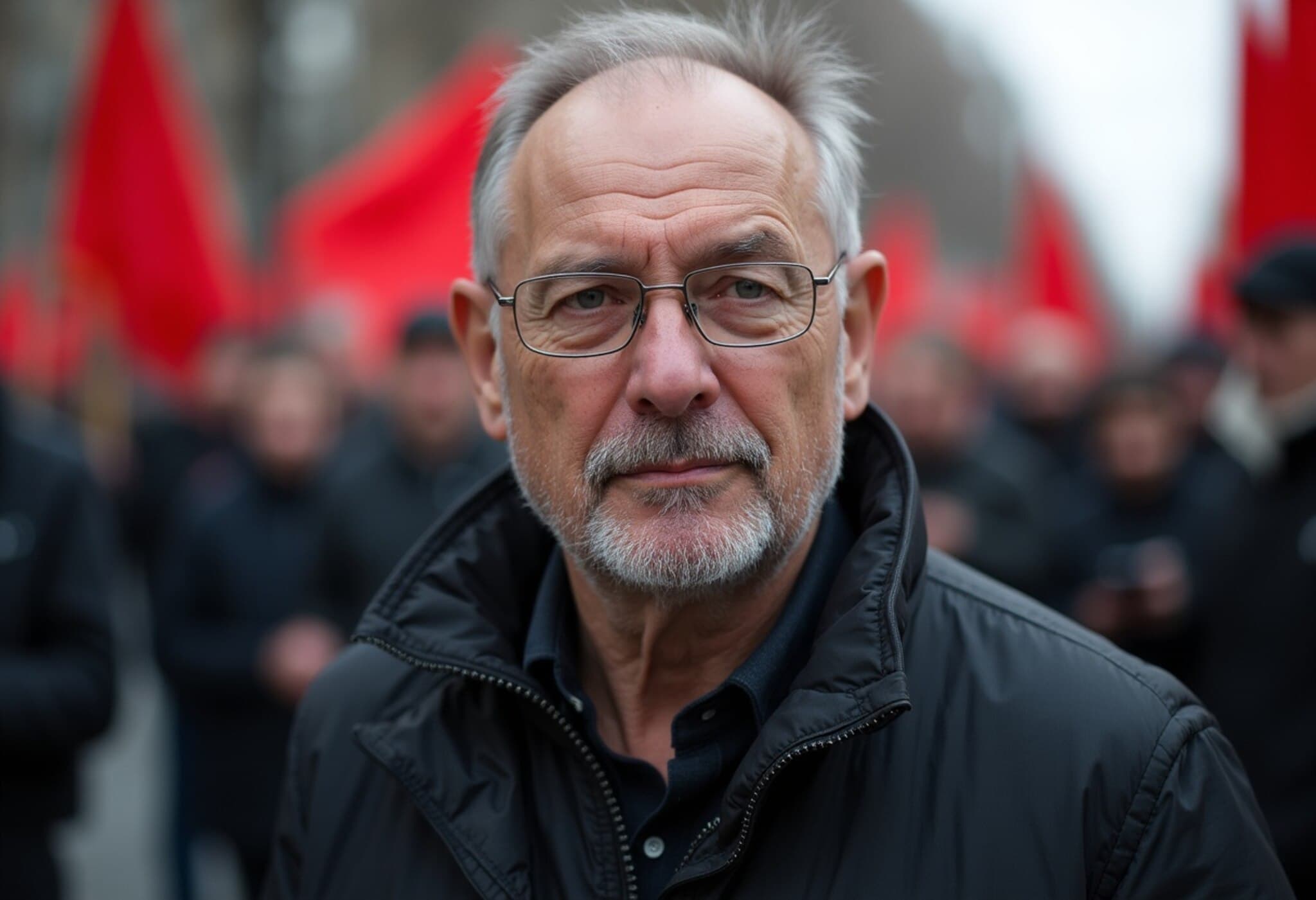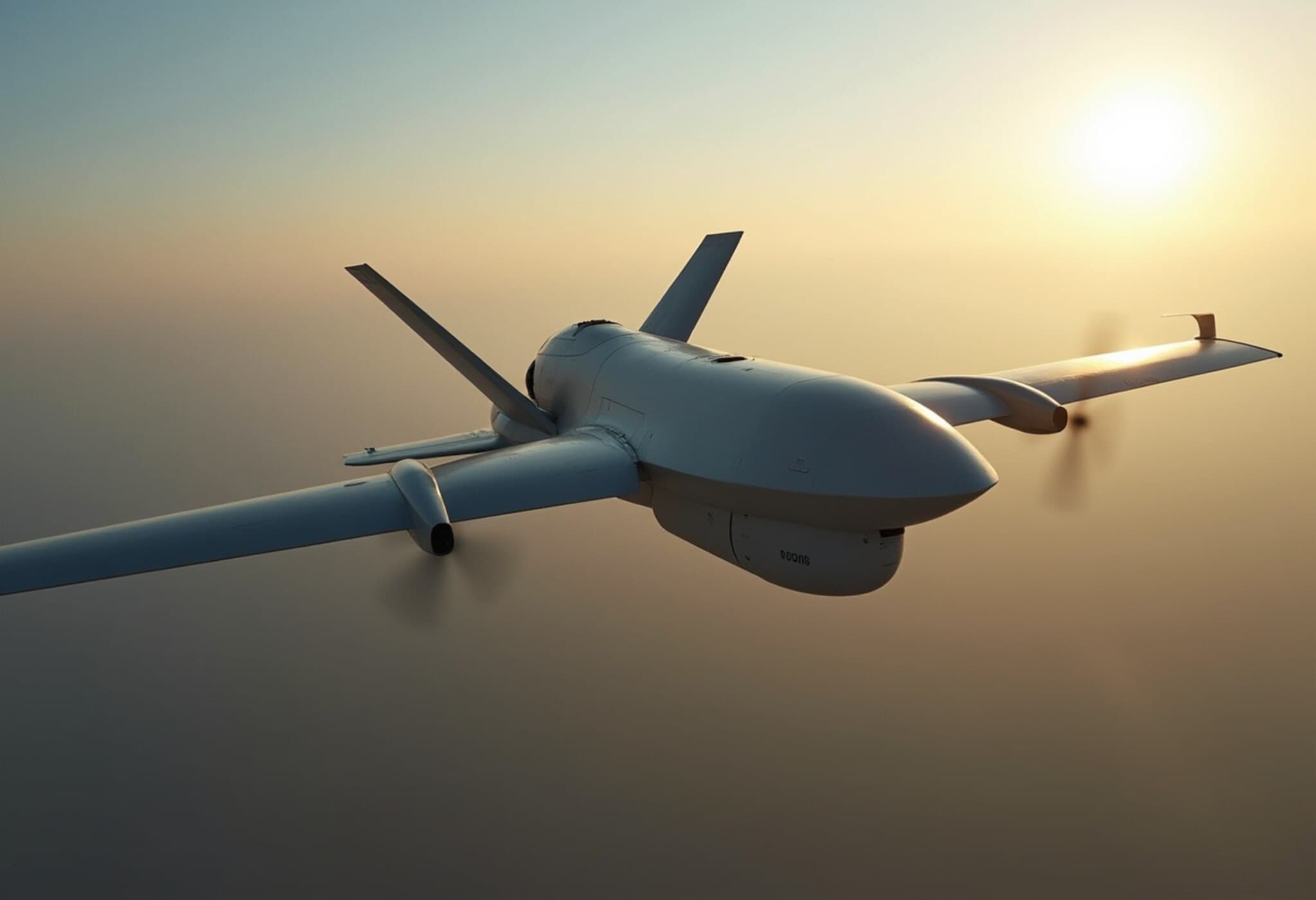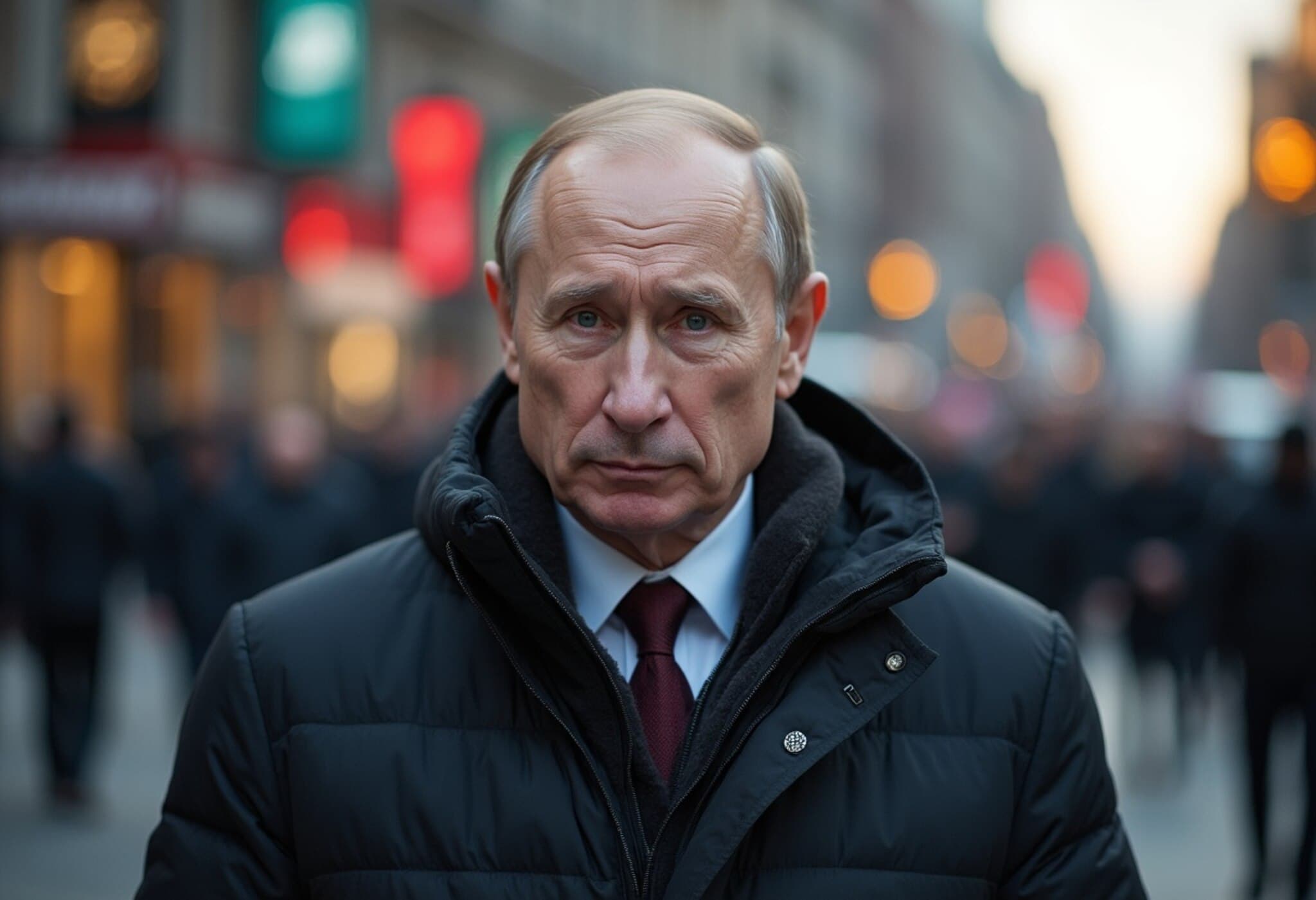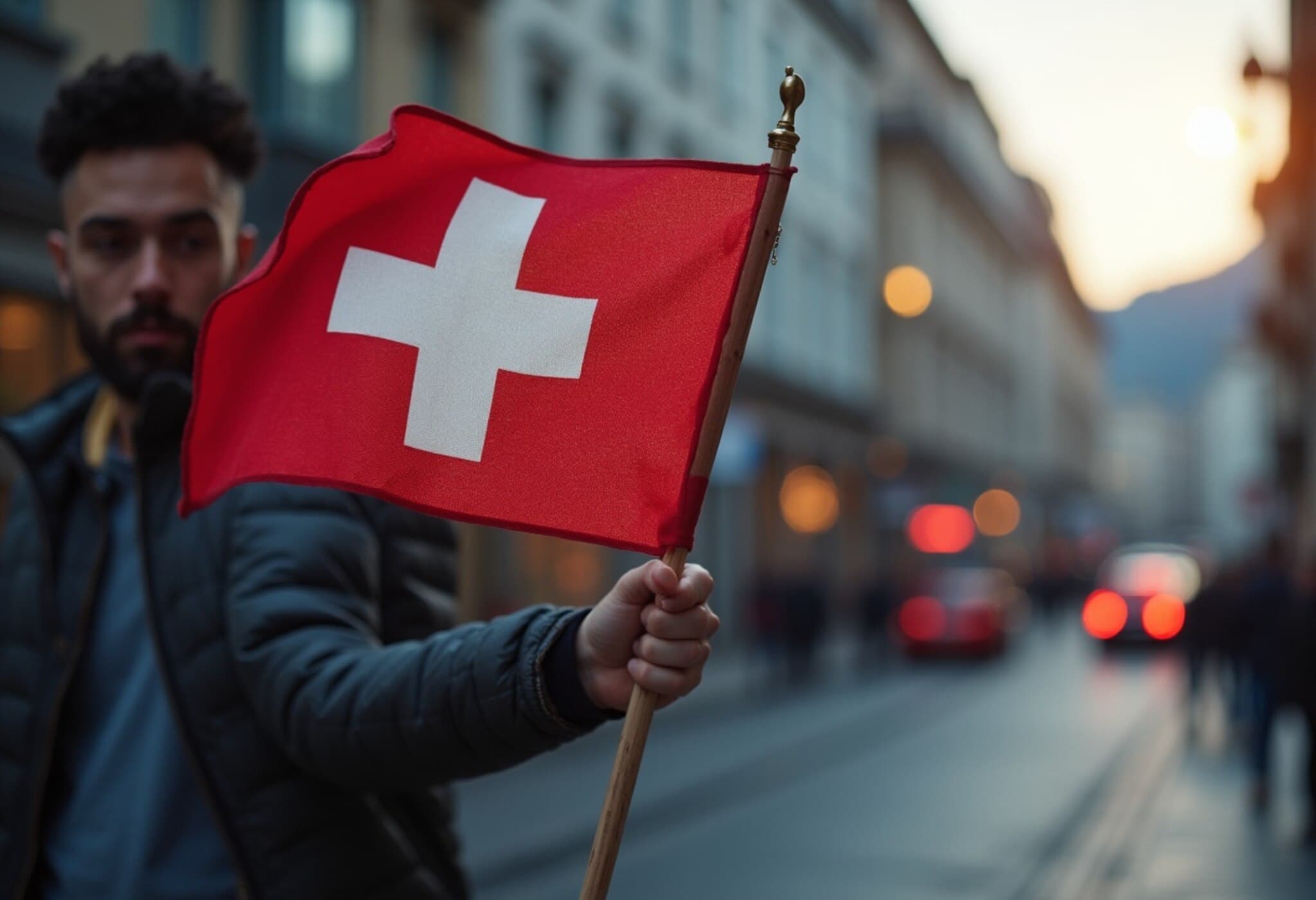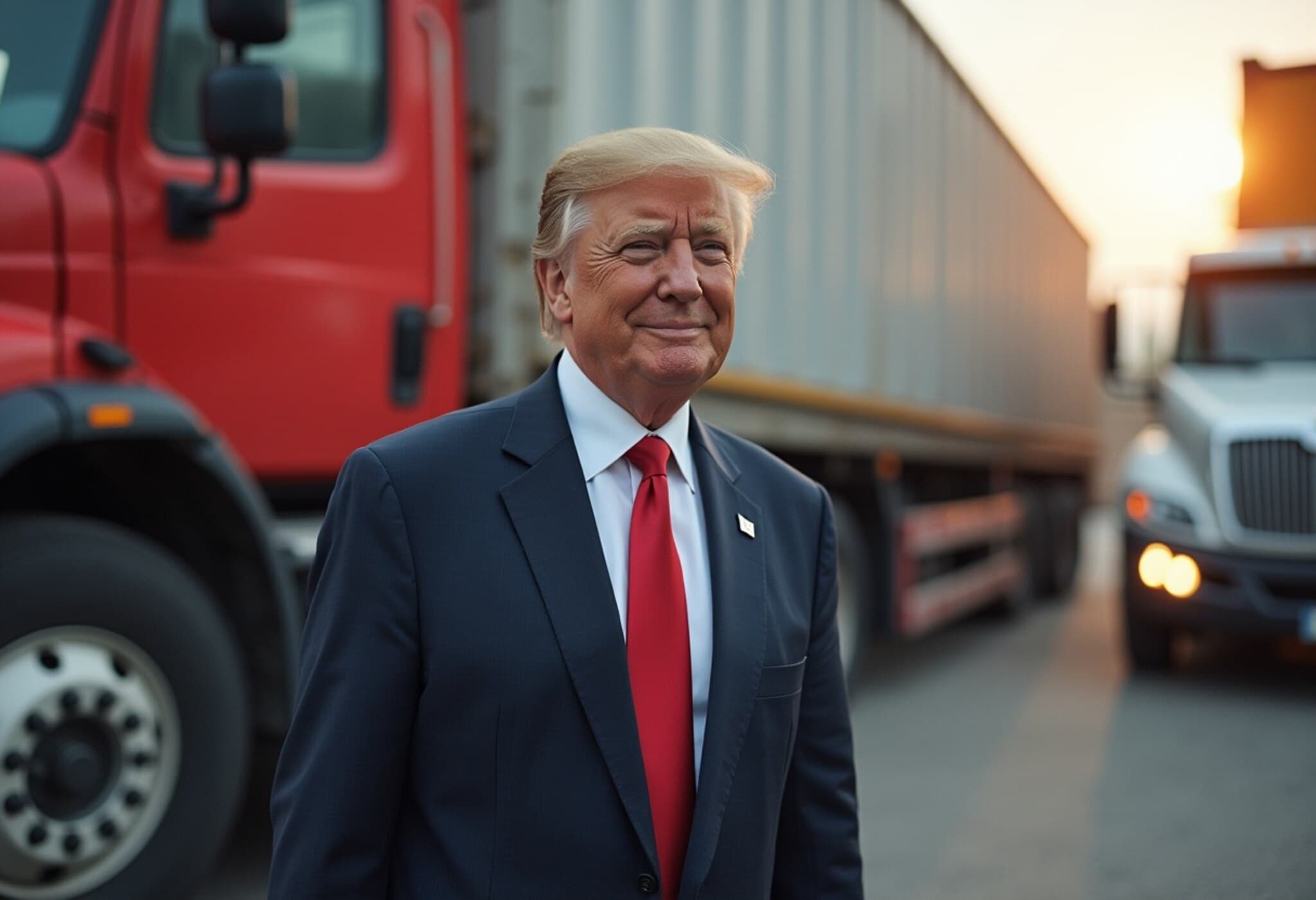Putin Emphasizes Continued Dialogue in Russia-Ukraine Peace Efforts
On August 1, 2025, Russian President Vladimir Putin publicly voiced cautious optimism about the continuation of peace negotiations between Russia and Ukraine. Speaking alongside Belarusian President Alexander Lukashenko, Putin stressed the importance of conducting these talks away from public scrutiny, advocating for discussions to unfold “without cameras and in a calm atmosphere.”
Maintaining a Steady Course Amid Diplomatic Challenges
Despite this hopeful tone, Putin reaffirmed that Moscow’s core objectives in the conflict remain steadfast. He indicated that while working groups might engage in talks to explore potential compromises, Russia's fundamental goals have not shifted. This statement underscores the complex and delicate nature of the ongoing conflict, where diplomatic progress is often slow and fraught with setbacks.
The Role of Belarus in Facilitating Dialogue
President Lukashenko's presence beside Putin highlights Belarus's continued role as a key regional interlocutor in the peace process. Minsk has often been positioned as a venue for shuttling negotiations, given its close ties to Moscow and relative proximity to the conflict zones. However, the insistence on private, off-camera discussions could reflect a desire to reduce external pressures and posturing that often accompany high-profile diplomatic events.
Expert Analysis: Navigating the Complex Geopolitical Terrain
From an American policy perspective, the ongoing peace talks raise significant questions about the balance of power and territorial integrity in Eastern Europe. The U.S. and its allies have long supported Ukraine's sovereignty but face challenges in crafting a diplomatic solution that prevents further escalation while avoiding concessions that undermine international norms.
Moreover, Putin’s emphasis on conducting talks discreetly suggests an awareness of the performative nature of international diplomacy—where media presence can sometimes harden positions rather than facilitate meaningful compromise.
Underreported Dimensions: The Human Cost and Regional Stability
What often gets overshadowed in these high-level dialogues is the profound human impact—the displacement of millions, the disruption of civil infrastructure, and the psychological toll on communities caught between military fronts. Continued peace talks, even if slow-moving, are critical not only on a strategic level but for the urgent humanitarian relief and rebuilding efforts desperately needed in the war-torn regions.
Looking Ahead: What to Watch For
- Progress in Working Groups: Will these smaller, focused discussions yield actionable compromises?
- International Involvement: How will global powers influence or support the talks?
- Transparency vs. Confidentiality: Can a balance be struck to maintain public trust while fostering honest negotiation?
- Impact on Regional Security: How might renewed dialogue affect the broader Eastern European geopolitical landscape?
Editor’s Note
As the Russia-Ukraine conflict endures into its next phases, Putin’s call for discreet, calm negotiations brings both hope and caution. The efficacy of these talks will hinge on the willingness of all parties to move beyond rigid postures and consider the human and strategic stakes at play. For readers, observing how these discussions unfold can offer crucial insights into the complex interplay of diplomacy, power, and peace in one of the world’s most fraught regions.
Stay tuned for continued coverage as new developments emerge from the evolving Russia-Ukraine peace talks.

